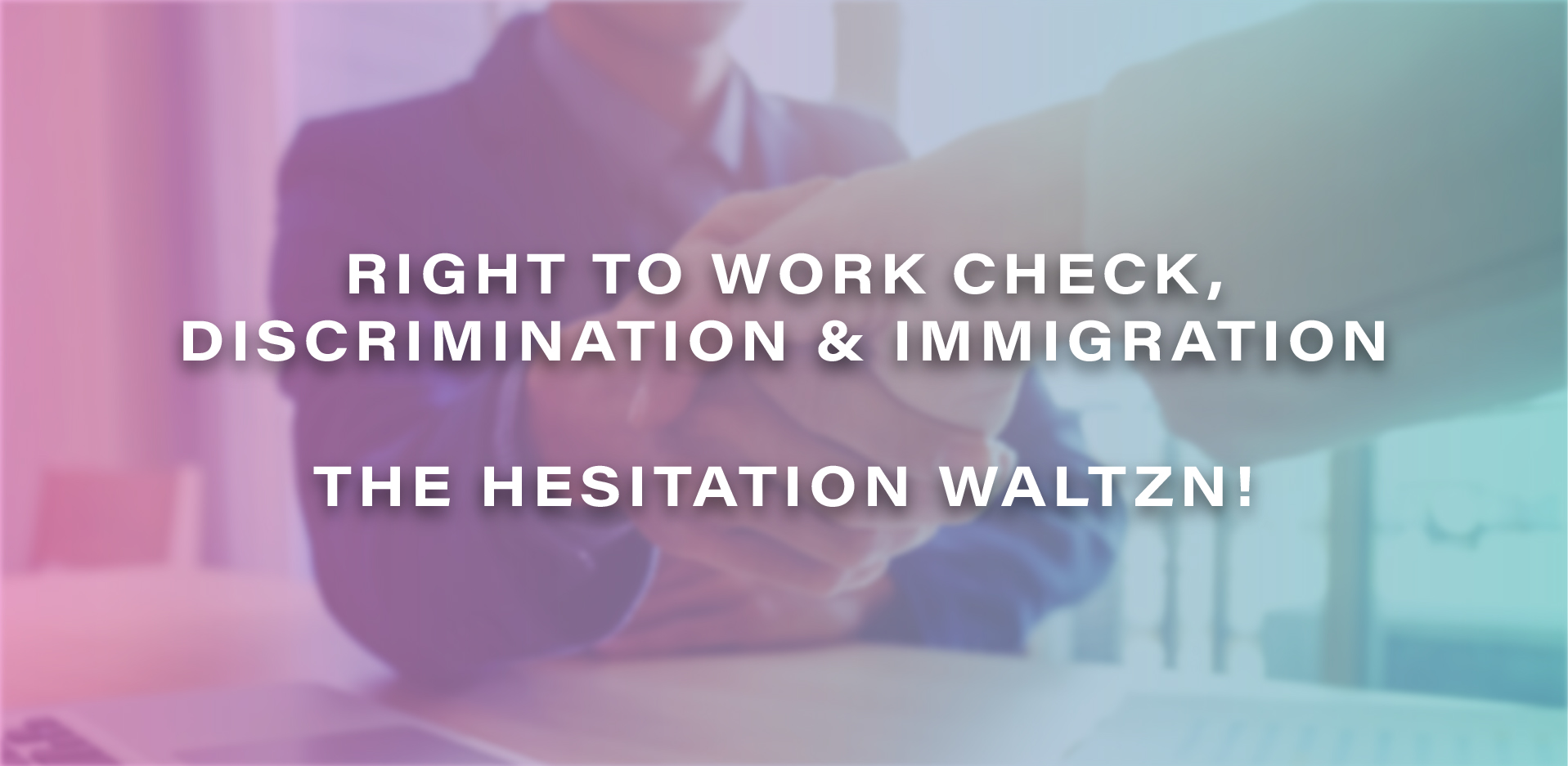During an immigration case assessment, once the questions about the principal worker have been asked, we move on to what is called “the accompanying family” or “the dependents“.
The term “dependent” is not very flattering, but quite telling: the accompanying family will most of the time depend on the worker, since their application for a residence permit will be linked to his/ her work permit.
And this is when the case assessment turns out to be very useful: asking the right questions at the right time helps to flush out family situations that can potentially slow down the immigration procedure… or even prevent it. Here are some of them!
Marriage or not
Countries evolve over the years on this matter, but it is certain that having a marriage certificate greatly facilitates things in terms of immigration.
Legislation varies from country to country. The “PACS”, a very French specificity, or a similar document proving a civil union often do not have the same value as a marriage certificate in the eyes of the authorities. In addition, if they can be recognized at some stage of the procedure (Consulate), they may not be recognized in the country of destination and will not be used to allow the issuance of the residence permit, locally.
It is therefore important to check what the country of destination requires to issue a “dependent” residence permit to the spouse. This document must, in the majority of countries, be apostilled / legalized and translated to be used in the immigration procedure.
If marriage is absolutely not an option, it may be possible, depending on the country, to consider a long-term visitor visa, a student visa or for the spouse to obtain his/her own work permit.
Same-sex marriage/ union
In 2023, same-sex marriage is only legal in 56 countries. We are talking here about marriage, not union. Regarding the union, the treatment is the same as for heterosexual couples: marriage certificate = the magic pass … or almost.
The big difference for same-sex couples, married or not, is the fact that it is not because your country recognizes your union that it will be the same in the destination country (concrete example: a same-sex couple married in France will not be accepted by Saudi Arabia, even if a marriage certificate exists).
You will find more information about this on this website: Same-sex marriage by country | Equaldex
One solution, again, is for the spouse to obtain a permit not related to his or her spouse: student, visitor, work permit.
Previous union children
Paola is offered a position as Country Manager for China – after assessing her case, it is possible for her to obtain a work permit in accordance with Chinese immigration laws.
However, the case analysis shows that she is married and has two children, one of whom is from a past union.
The alarm must ring at that time: it will be necessary to explain the situation to the foreign authorities, and to provide the agreement of the biological father of the child, among other documents, so that the child can follow his family and obtain a residence permit locally.
Nothing un-doable, but a delay in the collection of documents and the structure of the procedure has to be anticipated.
Adopted children
It will be necessary to provide a copy of the adoption certificate as well as various documents in order for the child to be eligible for a residence permit. Obtaining this act and legalizing it can take time – this is also an information to take into account when working on the timeline of the immigration process.
Adult children
When assessing cases, seeing that a child is approaching 18 years of age should trigger a reaction. If the age of majority varies from country to country, a child may no longer be considered a minor and therefore dependent if he or she approaches this limit.
It will then be necessary to turn to another option (long-term visitor, student) or to be able to justify very clearly his dependence on his parents.
All these situations must be taken into account – and this is one of the (many) reasons why going through an external provider is useful: as an HR/employer, it is sometimes tricky (or even forbidden) to ask certain questions. The immigration specialist, such as Oui Immigration, will be able to ask them neutrally and for the specific purpose of assessing the situation, and therefore to provide the feasibility and timeline of the immigration process.
And you, what are the family situations that may have delayed your immigration procedure, or that of your employees?
Share your experiences and/or contact us for more information! oui@oui-immigration.com




